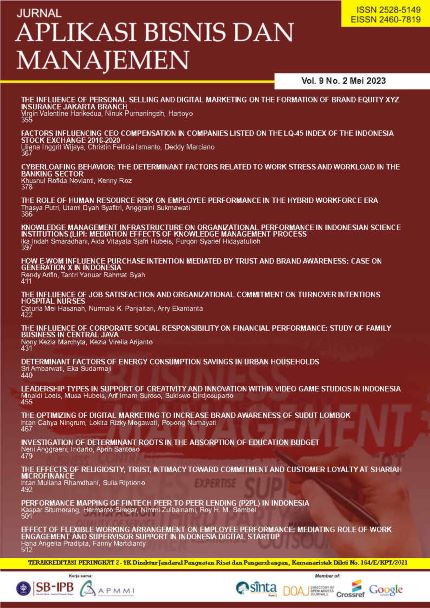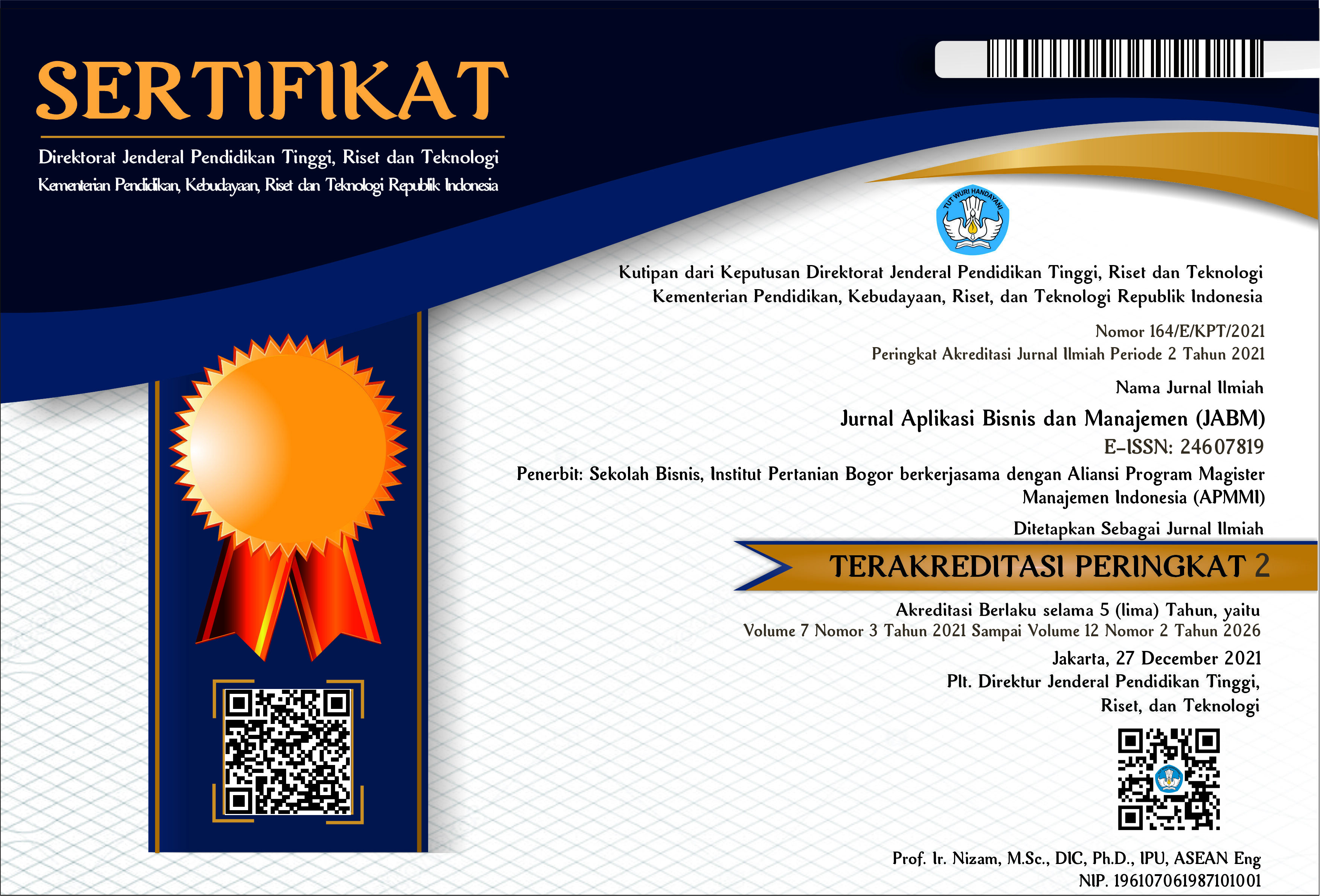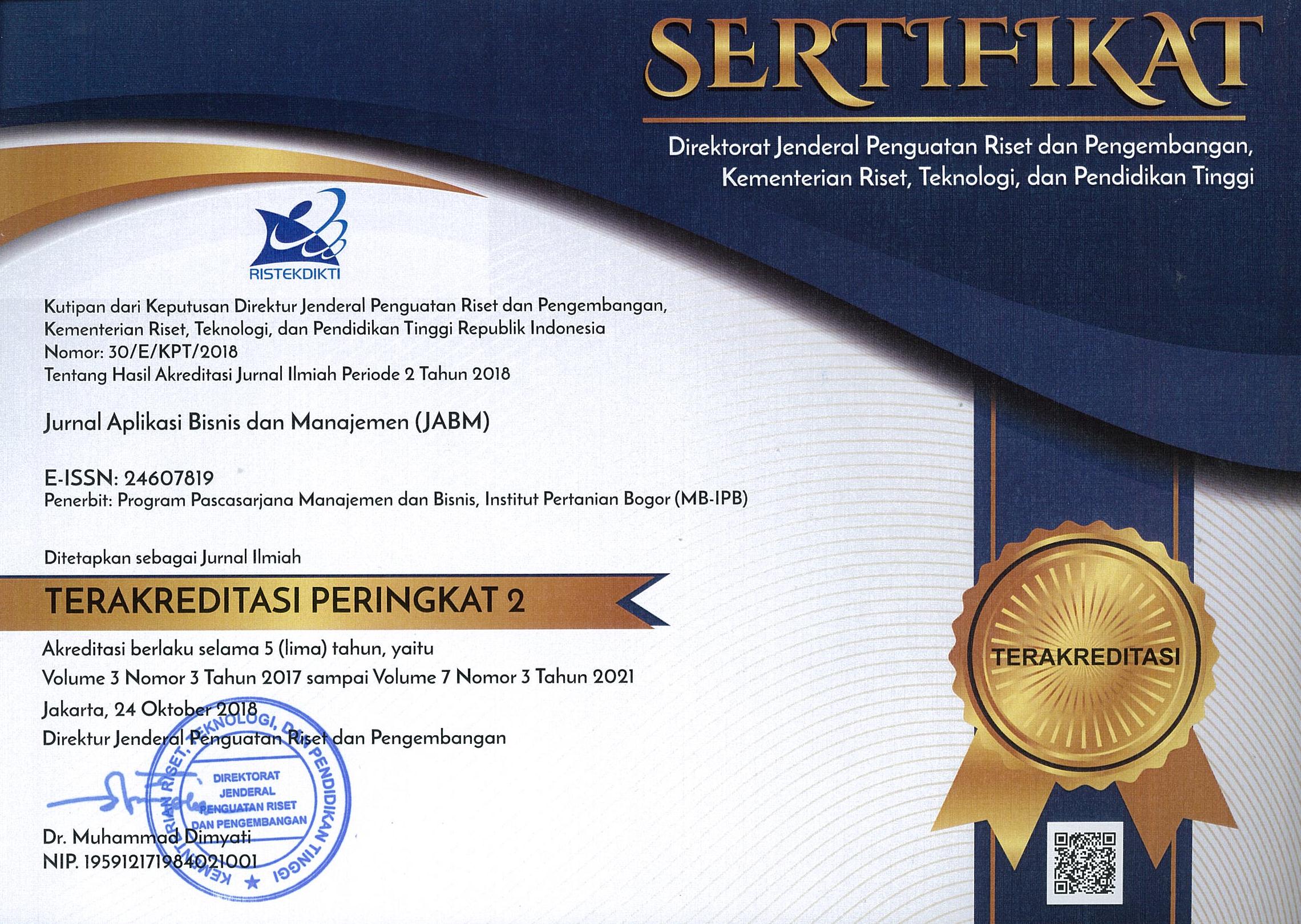Factors Influencing Informal Workers’ Registration for Social Security: A Comparative Analysis Between Indonesia and Taiwan
Abstract
Social security should be mandatory for all members of society to protect them from social risks, including the informal workers who are particularly vulnerable to such risks. However, the coverage of social security for informal workers in Indonesia remains very low. Therefore, the study aims to identify the factors that drive informal workers' desire to enroll in social security programs. The Theory of Planned Behavior will be utilized as a tool to uncover these factors. The study will compare the findings with the policies implemented in Indonesia and Taiwan as a comparison for countries with extensive social security coverage. The research sample is determined by using purposive sampling method with 100 respondents participated in this study. Data are examined by using structural equation model - partial least square (SEM-PLS). The results show that Attitude Toward Behavior and Perceived Behavioral Control have a significant impact on the intention of informal workers to join social security programs, while subjective norms have not been proven to have a significant impact. In conclusion, Indonesia needs to review its current policies, which primarily focus on subjective norms, and learn from Taiwan's successful implementation of broad social security coverage. Transforming informal labor into formal employment can be an effective strategy for achieving this goal.
Keywords: social security, informal worker, sem-pls, theory of planned behavior








